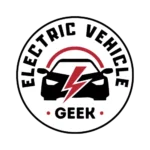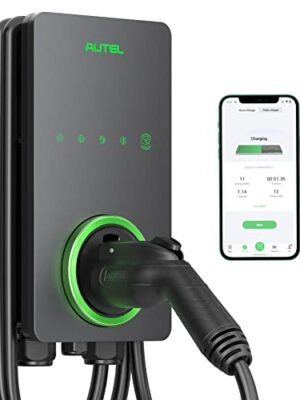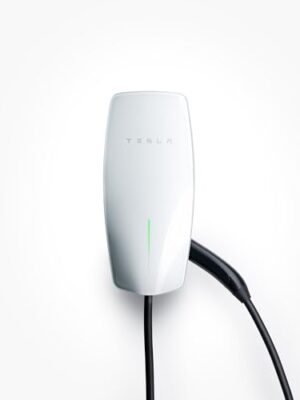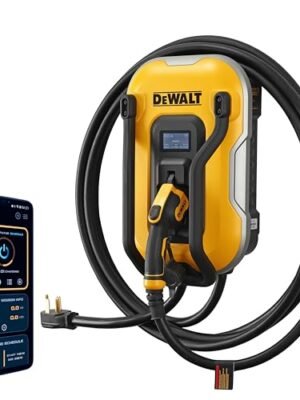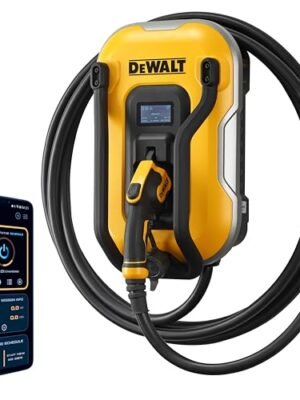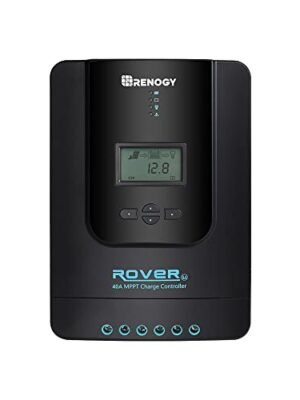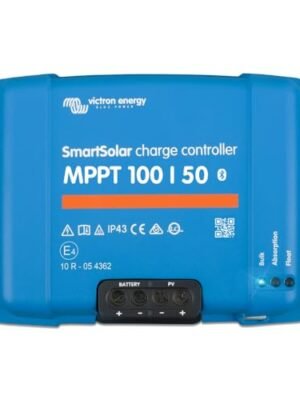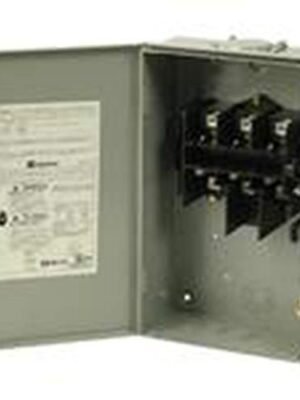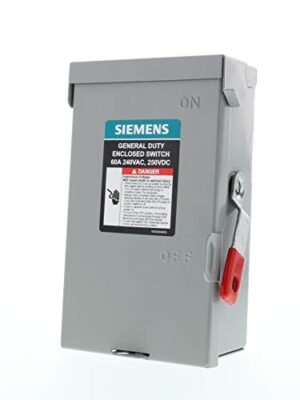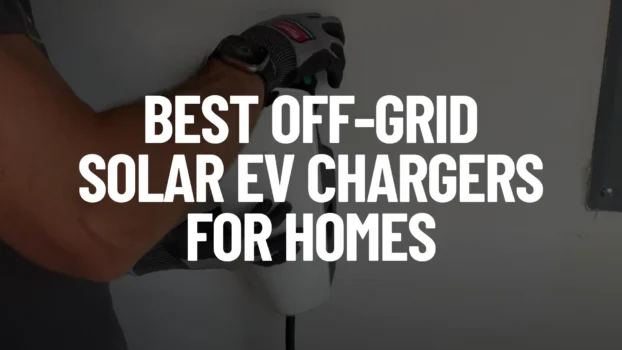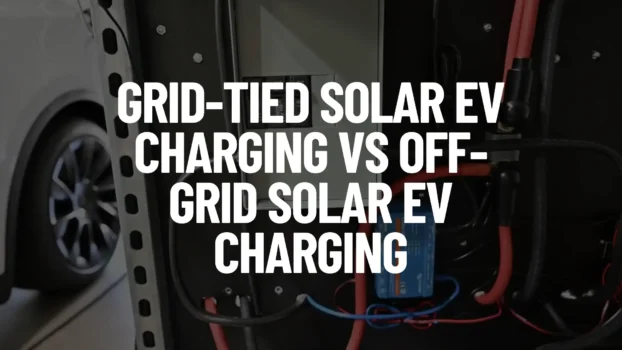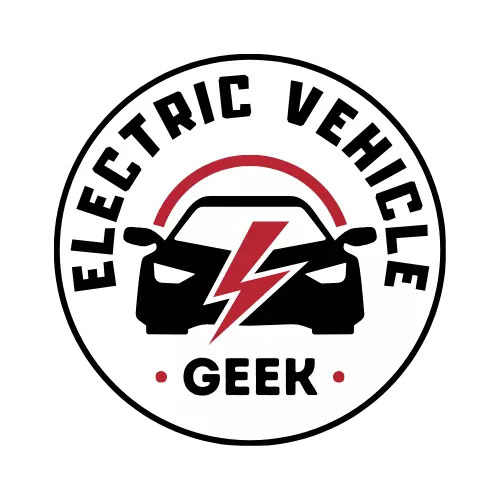Electric Vehicle Geek Content Calendar
View the Electric Vehicle Geek content calendar with the latest test results, methods, and updates to help you choose the right EV chargers and EV charging accessories.
Our Mission
At Electric Vehicle Geek, our mission is to help EV owners make safe and informed decisions when choosing and installing EV chargers and accessories. Through expert reviews, practical guides, and educational resources, we promote smarter charging habits that reduce risks, prevent electrical hazards, and protect both your equipment and property.
Explore Our Reviews
| Review Type | Description | Link |
|---|---|---|
| EV Charger Reviews | Hands-on testing and expert reviews of the latest EV chargers for home and garage setups. | View Reviews |
| EV Charging Accessories Reviews | In-depth testing of EV charging accessories such as wires, outlets, adapters, surge protectors, pedestals, and more to ensure safety and performance. | View Reviews |
EV Charger Test & Review Calendar
Our EV charger test & review calendar provides a clear and transparent view of all ongoing, upcoming, and completed tests for chargers, accessories, and guides. Each row represents a test cycle, featuring interactive links and detailed notes that allow you to easily explore results and updates.
Last Updated:
| Start of Test (SOT) | End of Test (EOT) | Content Title | Status | Notes |
|---|---|---|---|---|
| 6/2/2026 | 8/2/2026 | Update EV Chargers Reviews specification tab | 🟡 In Progress | Reorganized for enhanced clarity, user focus, and technical completeness to facilitate easier EV Charger comparison. Added a dedicated EV Charger Certifications & Safety section, reflecting our commitment to safety as a top priority. |
| 13/1/2026 | TBA | Testing In Progress (We plan to focus on this in November 2025) | 🟡 In Progress | Update Reviews for 2025 by compiling all the 2025 data we have and incorporating it into the reviews, add new and upcoming ev chargers and accessories |
| 11/10/2025 | 11/11/2025 | WOLFBOX EV Chargers and Accessories Test and Review | ✅ Published | We’ve thoroughly tested and reviewed a range of WOLFBOX EV chargers and accessories, covering both J1772 and NACS models in portable and hardwired setups. Our reviews include the popular WOLFBOX J1772-to-Tesla adapter, providing real-world insights on performance, installation, and reliability. |
| 20/10/2025 | Testing In Progress (We plan focusing on this in November 2025) | Recommend EV Chargers by Vehicle | 🟡 In Progress | We already have landing pages, but we plan to enhance them with more practical information for users upgrading from OEM chargers to fast chargers, including EV charger branch circuit upgrade requirements, physical differences, and estimated upgrade costs. |
| 30/9/2025 | 31/10/2025 | Best EV charger deals page | 🟡 In Progress | Research and Negotiations with manufacturers/ stores |
| 13/9/2025 | Testing In Progress | Portable EV Charging Station | 🟡 In Progress | Test and review Portable EV Charging Stations |
| 27/8/2025 | Testing In Progress | EV Charger Reviews by kW (1.44 kW to 19.2 kW) | ✅ Published | Test and review chargers by kW tiers (1.44 kW to 19.2 kW). |
| 20/8/2025 | 20/8/2025 | JuiceBox 32 Amp EV Charger Review | 🔄 Updated | Current Limits Verified |
| 8/8/2025 | 11/8/2025 | Guide to GFCI Breaker for EV Charger | ✅ Published | Select, install, and maintain GFCI breakers |
| 15/8/2025 | 18/8/2025 | Lectron Level 1/2 Charger | 🔄 Updated | Safety Performance |
| 18/8/2025 | Testing In Progress | Electric Vehicle Chargers Reviews | ✅ Published | Compare chargers by specs and review rating |
| September 2025 | Testing In Progress | How We Built a Versatile Solar EV Charger Test Bench | 🟡 In Progress | Review revised with the latest NEC guidance |
| September 2025 | Testing In Progress | EV Charger GFCI Circuit Breakers | 🟡 In Progress | Real-World EV Charging Tests with GFCI Protection |
| September 2025 | Testing Scheduled | Bi-directional EV Chargers | ⏳ Scheduled | Real-World Tests of Bi-Directional EV Chargers |
How to Use Our EV Charger Test & Review Calendar
Our EV charger test & review calendar provides a clear and transparent view of all ongoing, upcoming, and completed tests for chargers, accessories, and guides. Each row represents a test cycle, featuring interactive links and detailed notes that allow you to easily explore results and updates.
1. Start of Test (SOT) / End of Test (EOT)
The Start of Test (SOT) column shows the date when testing begins. The End of Test (EOT) column indicates when testing ended or is expected to end. It can contain three possible entries: an actual date if the test has finished, “Testing In Progress” if the evaluation is still underway, or “Testing Scheduled” if the test has not started yet and a planned end date is set.
2. Content Title
The product, accessory, or guide name. Click the title to visit the full review or guide page for detailed specifications, images, and findings.
3. Status
Quick labels show the test’s current stage:
Status Guide — What the Calendar Statuses Mean
4. Notes
Extra details about the test, including safety checks, measurements, or compliance updates. Click to expand and read the full notes for in-depth insights.
R&D: Inside Our EV Charger Test Bench
We believe the best reviews come from hands-on testing, not just spec sheets. We purchase and test every EV charger and charging accessory on our dedicated EV charging test bench, built to simulate real-world charging conditions. No cherry-picked samples sent by brands, just honest, unbiased product reviews you can trust. Learn more about how we review products.
Electric Vehicle Chargers
At Electric Vehicle Geek, we believe in hands-on testing to evaluate the performance, safety, and efficiency of EV chargers and related accessories.
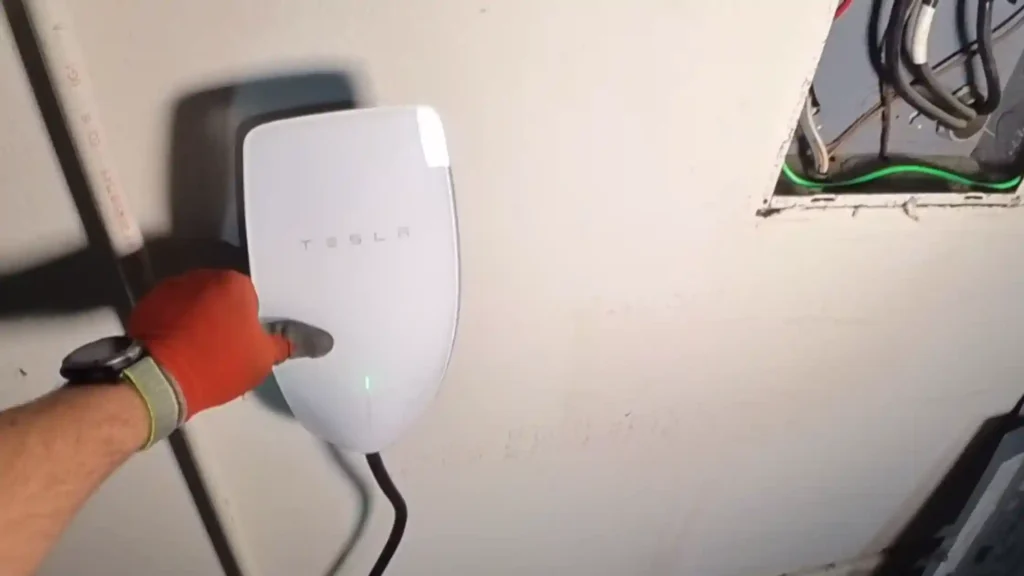
Our dedicated test bench simulates real-world residential EV charger (AC) installations, ensuring our reviews reflect how products perform in actual usage scenarios.
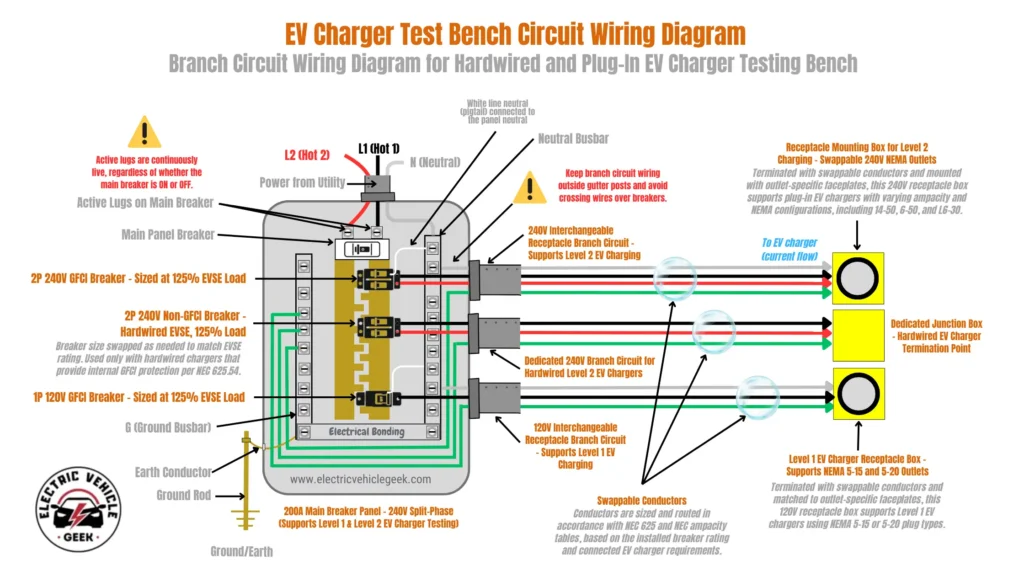
EV Charging Accessories
We test a wide range of EV charging accessories to ensure real-world compatibility, durability, and safety.
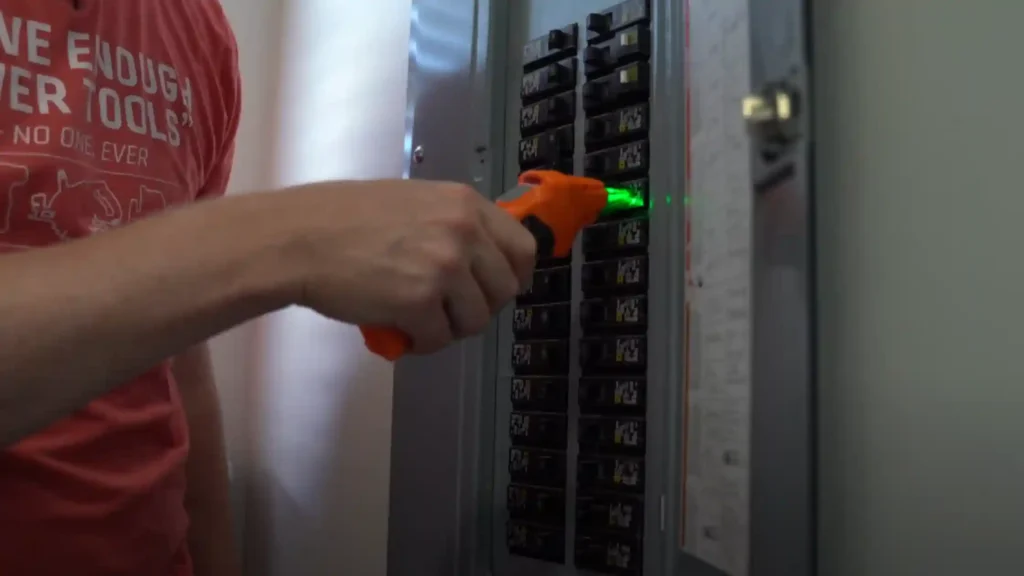
Our evaluations cover components such as wires, plug-in outlets, diagnostic tools, surge protection devices, pedestals, outlet covers, lock boxes, extension cords, circuit breakers, adapters, circuit breaker panels, and many more.
Comprehensive Testing Capabilities
Our versatile test platform supports both 120V Level 1 and 240V Level 2 EV chargers, along with a wide range of EV charging accessories. This setup allows us to assess various components under different conditions, providing a comprehensive evaluation of each product’s capabilities. Read about how we built a versatile EV charger test bench.
Safety and Compliance
We adhere to strict electrical safety standards and key provisions of the National Electrical Code (NEC) in our testing procedures. This commitment ensures that all products we review meet the highest safety standards, giving our readers confidence in their choices. For detailed safety guidelines, refer to our EV Chargers Safety Guidelines.
Detailed Performance Metrics
Our testing includes load testing, thermal monitoring, and safety validation to assess the performance and reliability of EV chargers and accessories. By simulating real-world conditions, we can identify potential issues and provide detailed insights into each product’s performance.
Latest Activity
We regularly update our content with the latest EV chargers, EV charging accessories, and detailed reviews and guides. Every entry reflects hands-on testing, real-world performance, and safety insights, helping you stay informed and make confident decisions for your home or garage charging setup.
Latest EV Charger Activity View all>>
See our most recent EV charger tests and updates. Each entry is based on real-world performance, safety, and reliability, giving you the information you need to choose the right charger for your home or garage.
Latest EV Charging Accessories Activity View all>>
Check out our latest tests and updates on EV charging accessories, including wires, outlets, adapters, surge protectors, and more. All entries are based on real-world performance, compatibility, and safety, helping you choose the right accessories for your charging setup.
Detailed EV Charging Reviews and Guides Activity
Explore our in-depth reviews and practical guides covering EV chargers and accessories. Every article is based on hands-on testing, safety, and real-world performance, giving you the insights you need for confident and reliable charging at home or on the go.
What Is an Onboard EV Charger?
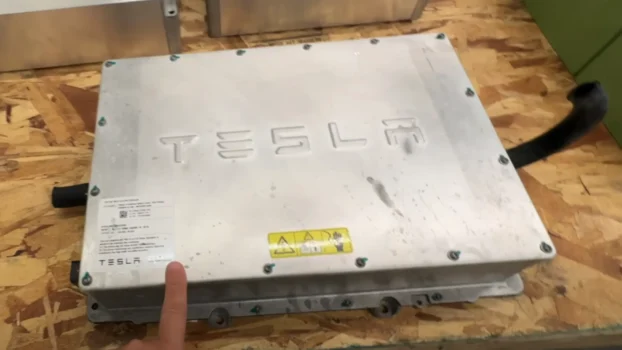
Our TOU EV Charging Strategy
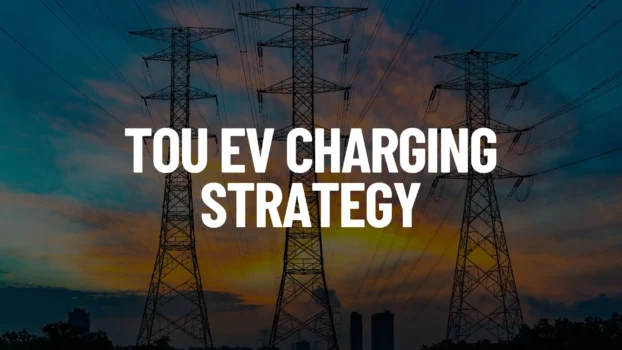
Home EV Charger Certifications
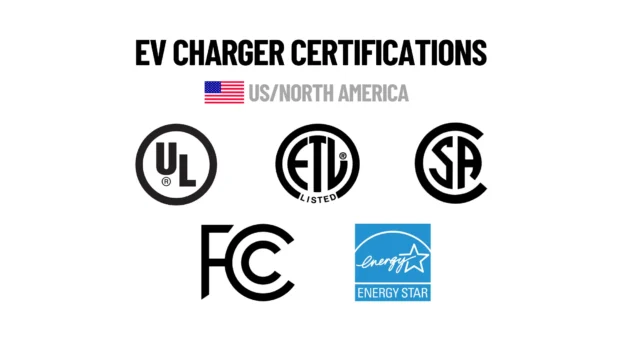
Grid-Tied Solar EV Charging
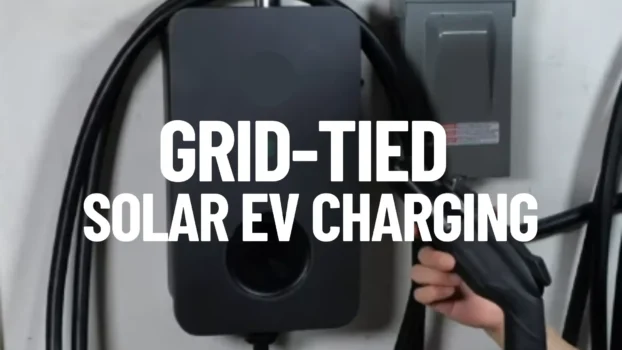
EV Charger Test Bench Test Logs
This section serves as a formal record of all tests, inspections, and setup modifications from hands-on testing of EV chargers and accessories.
Lectron Level 1/2 Charger – Safety Performance (18/8/2025)
Lectron Level 1/2 Charger – Safety Performance
The Lectron Level 1/2 EV Charger was installed with a 50A Siemens QF250A GFCI breaker and tested at 40A. Built-in safety features remained active, the release button gave clean disconnects, and no overheating was observed. Integrated housing upgrades improve durability. GFCI protection is recommended for NEC compliance.
JuiceBox 32 EV Charger – Current Limit Test (20/8/2025)
JuiceBox 32 EV Charger – Current Limit Test
Using the JuiceNet (Enel X Way) app, I tested the selectable current limits. The JuiceBox 32 EV Charger lets you set the charging current anywhere from 6 amps up to 32 amps, increasing one amp at a time. Lower settings worked well for simulating smaller circuits or managing load, while the maximum delivered a full 32 amps continuously without any issues. Under each amperage, the charger stayed stable and consistent throughout testing.
EV Charger Reviews by kW – Full Range (1.44 kW to 19.2 kW)
EV Charger Reviews by kW (1.44 kW to 19.2 kW) – (27/8/2025)
We conduct all charger evaluations on our dedicated EV charger test bench, and in this case, we also used the Fluke FEV150 EV Charging Station Analyzer, equipped with both SAE J1772 (Type 1) and Tesla-compatible plugs.
This enables us to simulate real-world vehicle connections and accurately measure the performance of both SAE J1772 EV Chargers and NACS EV Chargers.
The FEV150 measures nominal voltage directly at the station between line-neutral (120 V) or line-line (208–240 V), supporting up to 253 V L–N and 440 V L–L. For amperage, it analyzes the Control Pilot (CP) duty cycle signal, which defines the charger’s maximum available current.
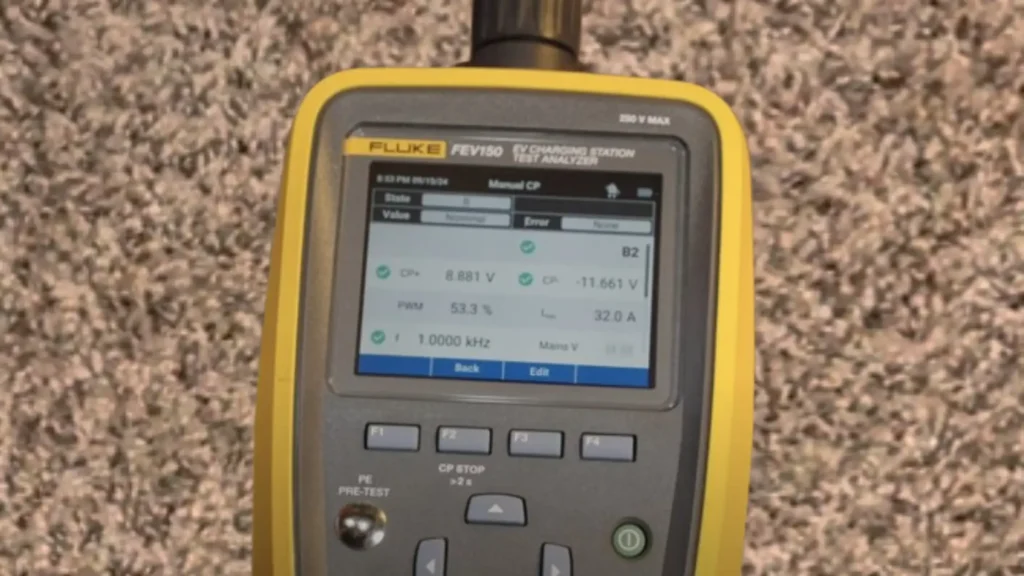
Acting as a simulated EV, the analyzer translates CP duty cycles into authorized amperage, enabling precise calculations without drawing full load current.
We then compute power output using P = V × I ÷ 1,000 to determine kW delivery in line with SAE J1772 standards and North American Charging Standard.
Our test routine includes current ramp validation, verifying selectable amperage (e.g., 12 A/120 V for 1.44 kW, 32 A/240 V for 7.68 kW, and 80 A/240 V for 19.2 kW chargers) and ensuring smooth operation with no nuisance dedicated EV charger circuit breaker trips.
Thermal and voltage stability is assessed over continuous 3–4 hour max-load sessions, logging connector temperature rise and any voltage sag. We also run vehicle acceptance simulations with EVs limited to different onboard EV charger charging capacities to measure real-world delivered output versus rated values.
Finally, we test load management and safety features for amperage-adjusted EV Chargers by incrementally reducing/increasing the current to simulate a change of circuits and confirming a linear kW output. Controlled anomalies such as mild overheating and voltage dips are introduced to ensure that protective cutoffs engage correctly.
All findings are compiled into our Unified EV Charger Test Log, which feeds into each kW-specific review to provide EV Charger data-driven insights beyond EV charger manufacturer specifications.
Frequently Asked Questions
Can I request a review for a specific EV charger or accessory?
Yes, and we strongly encourage it. Our readers are our most valuable resource for identifying emerging technologies and real-world challenges. When you request a review, you’re guiding our research to address the performance, compatibility, and installation issues that matter most to EV owners.
We welcome requests for any EV charging product, from home EV chargers to portable chargers and EV charging accessories. When submitting, consider including:
Your Vehicle: Make, model, and year to test for specific charging curves and compatibility.
Your Use Case: Daily commuting, road trips, or home installation. This helps us prioritize features like smart scheduling, cable management, or ruggedness.
Specific Questions: Long-term reliability, smart home integration, or true power output under different conditions. The clearer your questions, the more targeted our review.
Contact us with the product details and your points of interest. Our team will evaluate it for future testing, ensuring our reviews remain hands-on, data-driven, and focused on delivering expert insights for your charging decisions.
How often is the content calendar updated?
We regularly update our calendar to reflect newly tested EV chargers, accessories, and safety updates. Previously tested products are also reviewed to ensure all information remains current.
Can I get notified when a product I’m interested in is tested?
Yes! You can subscribe to our newsletter to receive updates when new chargers, accessories, or review updates are published. You can also bookmark specific product pages to easily check back for the latest test results and updates.
Why We Built the Content Calendar
We started the Content Calendar on 18/8/2025 to bring order to the chaos of constant product launches, existing product updates, and reader questions. Before it, our team was reactive, often scrambling to test and review new and existing chargers and accessories on time.
The calendar became our roadmap for scheduling new product tests, updates to existing products, and publishing review results. It streamlines our EV charger test bench workflow by coordinating test priorities, allocating bench time efficiently, and ensuring repeatable, real-world testing conditions. This approach allows us to produce consistent, reliable reviews while managing multiple chargers and accessories simultaneously. By sharing it publicly, we provide full transparency and confidence, showing readers exactly what we’re testing, updating, and reviewing at any moment.
